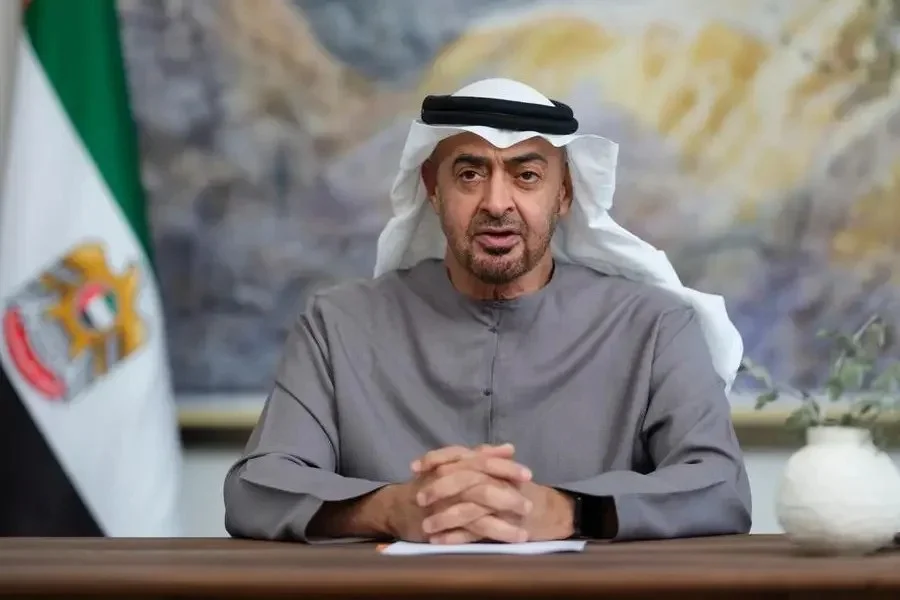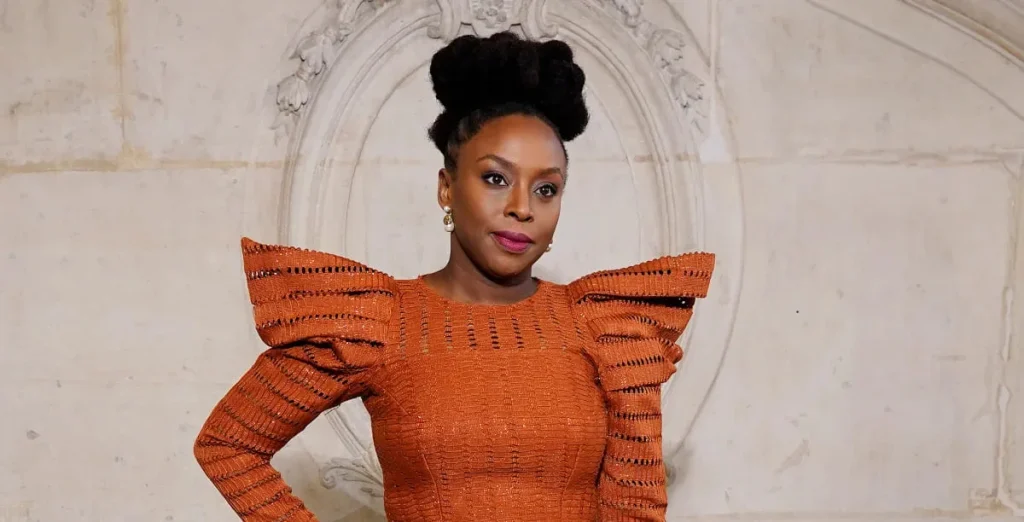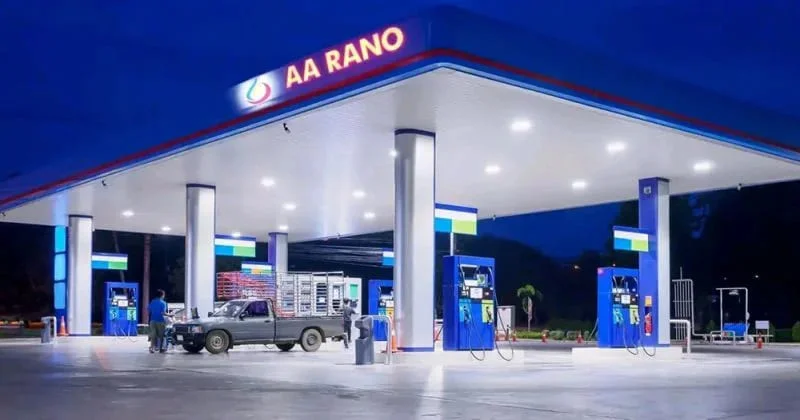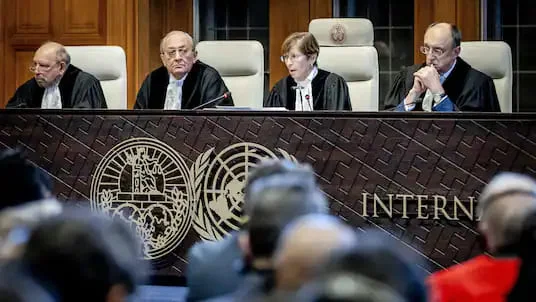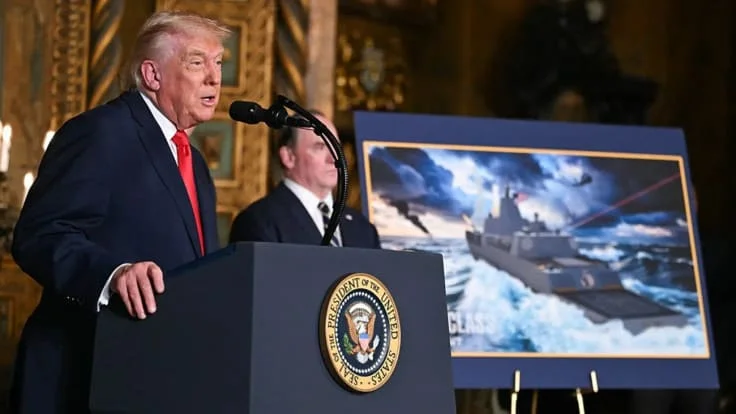Anwar Gargash, the diplomatic adviser to the United Arab Emirates (UAE) president, has called for an urgent ceasefire in Sudan and the swift establishment of a civilian-led government to end the prolonged conflict devastating the country.
Speaking at a summit in Abu Dhabi, Gargash stressed that Sudan’s future depends on halting the violence and restoring political order through civilian governance. He voiced concern over the worsening humanitarian situation, saying millions are suffering amid unending clashes between rival forces.
Gargash also expressed disappointment that Sudan had blocked UAE’s humanitarian assistance, noting the country’s readiness to scale up aid once access is granted. “We’re committed to helping civilians, but we can only do so if allowed,” he said.
Sudan’s Prolonged Power Struggle
Sudan’s civil war, which erupted in April 2023, pits the Sudanese Armed Forces against the Rapid Support Forces (RSF). The fighting has created one of the world’s worst humanitarian disasters, displacing millions and leaving countless without food, medical care, or shelter.
The city of al-Fashir, the army’s last stronghold in Darfur, has become a major battleground as the RSF attempts to consolidate control and establish a rival administration there.
Meanwhile, tensions between Sudan and the UAE have deepened amid claims that Abu Dhabi is backing the RSF with weapons and mercenaries, allegations the UAE firmly rejects. In response to the growing rift, the UAE has reportedly suspended gold imports from Sudan, worsening the nation’s already fragile economy.
Push for Civilian Governance
Gargash reaffirmed the UAE’s belief that Sudan’s only viable path forward lies in civilian rule, not continued military dominance.
“A ceasefire is essential to end the suffering and pave the way for a government that truly represents the Sudanese people,” he said.
His appeal mirrors international calls urging both factions to prioritize peace and rebuild the country’s democratic institutions. The UAE’s position underscores its diplomatic balancing act—providing humanitarian aid while pursuing regional stability.
Humanitarian and Economic Fallout
The conflict’s toll on Sudan has been catastrophic. Thousands have been displaced from Darfur, with hunger, disease, and insecurity spreading rapidly.
The alleged UAE gold embargo has further strained Sudan’s economy, depriving it of one of its main export revenues. Economists warn that continued instability could worsen inflation and trigger more unrest.
Humanitarian agencies are struggling to deliver relief amid active fighting and restricted access, heightening fears of a deeper humanitarian collapse.
Regional and Global Repercussions
Sudan’s crisis continues to ripple through the Horn of Africa, threatening to destabilize neighboring countries already battling their own challenges.
While the UAE’s diplomatic push aligns with its broader regional role in mediation and humanitarian relief, accusations of supporting one side in the conflict have complicated its standing. Nevertheless, Gargash’s renewed call for peace reflects a bid to rebuild trust and emphasize the UAE’s commitment to stability.
A Call for Hope and Peace
Gargash’s message serves as a direct challenge to Sudan’s warring parties to end hostilities and restore civilian authority. The UAE’s readiness to expand aid offers a glimmer of hope for millions trapped in the conflict.
As the world’s attention shifts between global crises, Sudan risks being forgotten. Yet Gargash’s plea stands as a reminder that peace remains possible, if leaders choose compassion over conflict.
________________________________________________


